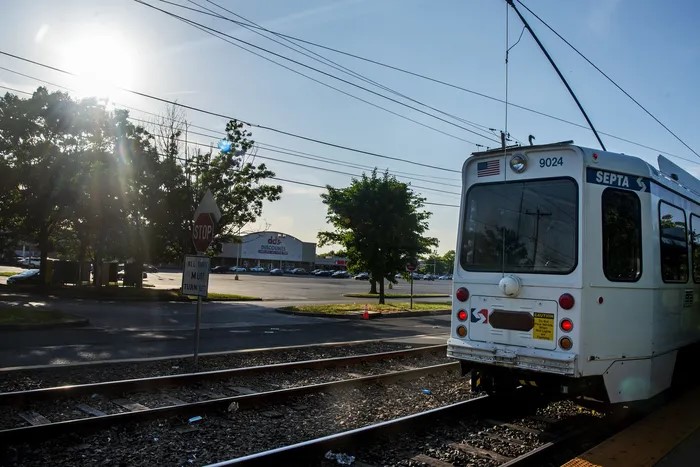The Hub 4/29/2022: Clean Air Council’s Weekly Round-up of Transportation News

“The Hub” is a weekly round-up of transportation related news in the Philadelphia area and beyond. Check back weekly to keep up-to-date on the issues Clean Air Council’s transportation staff finds important.
Reuters: U.S To Grant $6.4 Billion Funding For Projects To Reduce Carbon Emissions – The U.S Department of Transportation announced that States will be awarded $6.4 billion over a five-year period to fund projects that will reduce greenhouse gas emissions. These projects include improving pedestrian and bicyclist infrastructure and reducing traffic congestion.
The Inquirer: SEPTA Has $1.1 Billion To Spend Next Year – For the fiscal year 2023, SEPTA has $1.1 billion to buy transit railcars and buses, along with advancing the much needed upgrade of the trolley system. This will be the agency’s largest capital budget in its 58-year history. Overall SEPTA looks to spend $11.4 billion on infrastructure by 2034.
The Inquirer: Philly Has A Backlog Of 34,000 Abandoned-car Complaints – Philadelphia’s abandoned vehicles range from flatbed trailers and cherry pickers to chauffeur cars and SUVs. The city has no solution for the backlog of abandoned cars all over the city. It is also taking them longer to tow these vehicles and residents continue to complain as this affects their quality of life.
The Philadelphia Citizen: SEPTA For The Win – SEPTA’s new pilot initiative, SEPTA Key Advantage, can transform the agency, but awaits final approval from SEPTA’s board. Beginning Sunday, May 1st, the institutional passes program will allow approximately 15,600 workers across Penn Medicine, Drexel University, and Wawa to be eligible for employer-paid discounted monthly transit passes for a 6-month trial period. SEPTA, employers, workers, and the public all win – SEPTA increases ridership, employers provide a new benefit, workers get a great transportation benefit, and the public gets reduced congestion and a more stably funded transit system.
Protocol: How Sharing Cars Can Make Cities More Livable? – There are over 286 million cars in the United States and a majority of them are only taking up space due to infrequent usage. But car-sharing can eliminate this waste and create more space for people while reducing carbon pollution, congestion, and vehicle expenses.
Image Source: The Inquirer.

